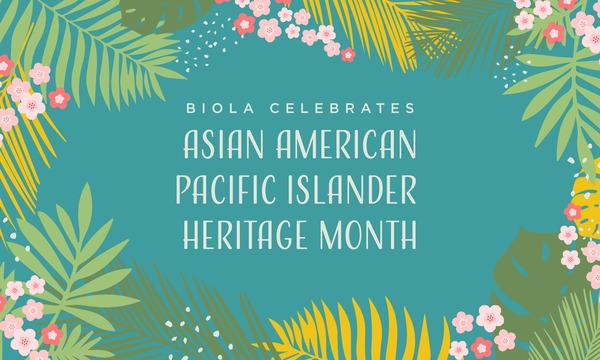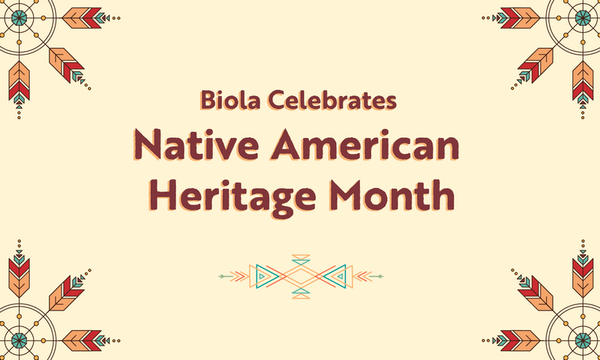The year 2020 hit us unexpectedly with a pandemic that we cannot ignore. Our schooling has been changed by it. Our housing has been changed by it. Our daily lives have been changed by it. We cannot ignore it no matter how hard we try. At the same time, there is another epidemic raging that often slips right under our noses. Many of Biola University’s students have been affected without others even noticing. It is the epidemic of loneliness.
Lonely in a Crowd
I vividly remember moments during my sophomore year at Biola, when I felt utterly alone. I was not lonely because there was no one around – people were near me, but I was not connecting in meaningful ways with them. The more people there were around me, the more I realized how lonely I felt. I longed for deep connections, conversations about the good and hard of life, and without them, I felt deep loneliness in a sea of people.
Am I the Only One?
It turns out, my bout with loneliness was not unique. College students specifically tend to experience a significant amount of loneliness. According to the 2018 National College Health Assessment, 64 percent of all college and university students reported feeling very lonely within the last 12 months. That number rose to 72 percent among Biola students. When I read this statistic, I was shocked. So often at Biola we talk about the wonderful community that we have and the great friendships we have made. How can it be that 72 percent of students have felt very lonely?
One of the reasons for this is the value that Biola students place on relationships. Often our expectations for deep, fulfilling friendships can cause us to fall harder when we do not have them. Another reason for loneliness is one that we have been closely acquainted with this year during COVID-19: lack of connection.
On one hand, the time that we have spent in physical isolation can make any time that we do get to connect with others stronger and more meaningful. But for many of us, Biola at Home means that we will be both physically and relationally distant from friends that we rely on for connection at school. Technology has allowed for more communication than previous times of physical separation, but we all know that no amount of online interaction can duplicate the fulfillment of a face to face conversation. It takes effort to create meaningful conversation with a friend online, and even more to get to know new professors through virtual office hours. Our built-in avenues of relationships now take longer to navigate than we are accustomed to.
You are Not Alone
Whatever our circumstances, meaningful connection with others is important for our overall well-being. For some, it may be easy to reach out to another for conversation, either in person or over the phone. For others, either distance or fatigue may make socializing a more arduous task.
Wherever you find yourself on this spectrum, Biola knows that this is a difficult season and wants to help you grow in your relationships, whether old or new. There are many different resources available where you can find anything from personal, one-on-one advice, to new friends through virtual communities. Below, you will find a list of concrete ways to connect with others while doing school remotely, as well as resources that Biola provides to support you in your relationships.
Steps Toward Connection
- Send a text message letting someone know that you are thinking about them.
- Download Marco Polo to send video messages to each other.
- Play an online game with a friend (e.g. Jackbox Games, card games, classic board games).
- Engage in a Huddle or Club on the Biola App.
- Commit to having a conversation with someone you live with, with all technology put away.
- Go on a socially distanced adventure (e.g. picnic, hike, surf, window shopping).
- Set up a Bible study or book club with those you live with or over Zoom.
- Write snail mail.
- Video chat with a friend from class while you work on homework.
- Set up a weekly connection point with important people.
- Have an online movie party with joint streaming services like Netflix Party or twoseven.
Additional Resources
- Pastoral Care
- Biola Counseling Center
- Clubs and Huddles
- Global Student Programs & Development
- SEID Affinity Groups
- Commuter Life
- Biola App
- CMR
Written by Sarah Morgan (Human Biology, ‘21), Peer Wellness Ambassador.
 Biola University
Biola University




.jpg)